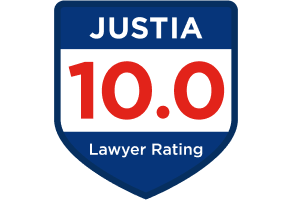Getting a Criminal Record Expunged
You can request to have your records deleted
It goes without saying that a criminal record can ruin your chances for getting a job, a rental home or even a date. Your criminal record is a matter of public record, but there are certain instances when you may be able to get your criminal record expunged (deleted) from public files. Expunging a record means that your criminal records will not be part of the documents that are publicly available and the related proceedings are deemed not to have occurred. To do this, you must petition the court to expunge your record.

Expungement is not available for all convictions and there are certain conditions that must be met, including a waiting period depending on the type of offense. Typically, there is a two-year waiting period for a municipal ordinance violation, a five-year waiting period for misdemeanors and a 10-year waiting period for felonies.
Is it hard getting a criminal record expunged?
There are some standardized forms provided by the state of New Jersey as part of an expungement kit state officials have prepared that contains detailed instructions. But keep in mind that the expungement law is complex and there are several intricate steps that must be done correctly in order for the expungement to take place. The state’s expungement kit clearly states that “if you miss any of the required steps, your Petition for Expungement may be denied. In that case, you will have to start over.”
Steps you need to take
1. First, you need to determine whether you’re eligible to file the Petition for Expungement. If so, you can then get the appropriate forms to file the petition. Make sure you have the most updated version of the forms by checking here.
2. After filling out the forms, you need to file them in the Superior Court of the county where the arrest or disposition took place. Records that can be expunged include those that have been filed in a court, detention or correctional facility, law enforcement, or criminal justice agency (including juvenile justice agencies).
3. After you file your petition, the Superior Court judge assigned to your case will schedule a hearing. You must then send a notice of the hearing to various agencies notifying them of the hearing.
4. You may or may not be required to attend the hearing, where the judge will ask whether any law enforcement officials whether they object to an expungement. The judge then decides whether to grant the expungement. As you can see, getting your record expunged is not a simple matter. You should consult an attorney if you want to make sure the petition is handled correctly, especially if you have more than one criminal conviction. Photo credit: dbaron








